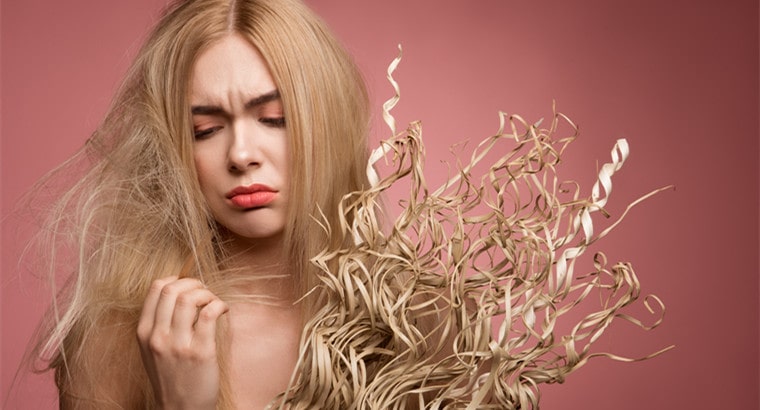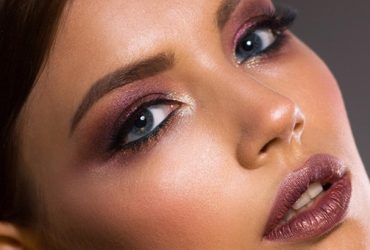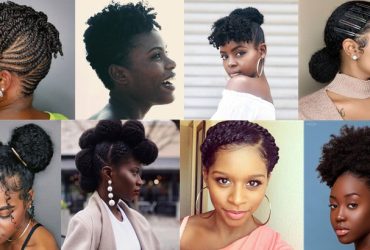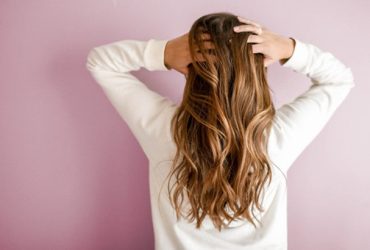Ah summertime! The sun is shining, the air is warm, and you’re taking advantage of all the swimming, picnicking, and all the other outdoor activities that make this season so fun.
You’re probably already slathering on the SPF every time you head outdoors, but there’s another summer beauty risk you might not have considered: dehydration.
All the sunshine and warm weather of summertime put your strands at risk of dehydration, which can leave hair damaged and brittle. Here’s how to know if your hair is suffering from a lack of moisture, and what to do about it.
What Causes Hair to Get Dehydrated?
Hair gets dehydrated when you’re suffering from a lack of water in your strands. It might seem similar to dry hair, but hair dryness is caused by a lack of sebum, or natural scalp oil, not water.
People who live in areas where temperatures are hot and the air is dry are at the highest risk of dehydration, and spending time in the sunshine or swimming in salty or chlorinated water can also make dehydration worse. So summer is prime time for hair dehydration!
Unfortunately, many of us practice hair care habits that can make dehydration worse. If you regularly use heat styling tools or harsh, chemical-intensive hair products like straightening agents and dyes, your hair shaft may get damaged, allowing water to escape and leading to dehydration.
The Signs of Dehydration
So how do you know if your hair is dehydrated? Here are a few key warning signs to look out for:
• Your hair strands feel rough and brittle
• Your scalp is oily or flaky
• The ends of your hair feel dry
• Hair is dry, dull, and frizzy
• You’re generally lacking in lustre and shine
• Split ends increase or are more noticeable
• Curly hair appears frizzy, and curls have difficulty maintaining their shape
If you notice one or more of these signs, we have bad news: you might be suffering from hair dehydration. But don’t worry! Repairing dehydrated hair isn’t as difficult as you might think.
Rehydrating Thirsty Hair
It’s best to take a multifaceted approach when restoring dehydrated hair.
First, maintain the hydration levels in your body to make sure your strands are getting enough moisture. Then make sure your hair is protected from external dehydrating factors. Lastly, switching to a hydration friendly products that supply a balanced supply of protein and moisture can make all the difference, transforming dry, brittle strands.
Ready to start repairing your hair? Here’s how to get it done:
Drink Your H2O
Making sure you’re getting enough water throughout the day is a critical first step to reintroducing hydration into damaged, dehydrated strands.
It might sound obvious, but the fact is most of us aren’t actually drinking adequate levels of water! The recommended amount of water experts say you should be consuming is higher than you think—a little over 15 cups of water for men, and around 12 cups per day for women.
This can sound like a lot of liquid if you’re not a water fan, but there are ways to make it easier to get those fluids in. Start off each morning with a big glass of water to set yourself up for a hydrating day, keep a full water bottle with you at all times, and experiment with flavoring agents like fruit and herb infusions to keep things interesting. You’ll be hydrated in no time!
Eat A Hydrating Diet
People say you are what you eat—and that’s certainly true when it comes to hydration! Eating a hydration friendly diet can help your body maintain optimal hydration levels, effectively nourishing hair from the inside.
Stock up on watery fruits and vegetables like melons, cucumber, peaches, and pineapples. Raw fruits and veggies are the highest in fluid, and most likely to help you meet your hydration goals, so keep plenty of cut up goodies in the fridge to snack on throughout the day.
Avoiding dehydrating foods is just as important as eating hydrating ones. Stay away from heavily salted snack and junk food in the summer, and make sure to drink extra water when you do choose to indulge.
Protect Your Strands from UV Rays
Protecting your hair from the harsh rays of the sun is just as important as protecting your skin, but too many of us neglect it.
Keeping hair covered up not only prevents your hair from experiencing UV damage, but also reduces evaporation from heat and dry weather, helping your strands retain moisture for longer.
Applying a UV protectant hair product before going outside can be helpful, but the best way to prevent UV damage is simply wearing a sun hat! Keep a spare hat in your car or office and one in your closet at home, so you’ll always be covered wherever the summer takes you.
Switch to Hydrating Haircare
We have some bad news for you: your hair care routine might actually be worsening your hydration woes. Harsh chemicals and high temperatures all make dehydration worse, by damaging strands and stripping them of moisture.
Stay away from harsh chemicals, heat styling tools, and other hair stressors that dehydrate and damage strands. Keeping your wash days to a minimum and washing hair in cooler temperature water can also help prevent follicular strain that can lead to dehydration.
Once you’ve eliminated bad habits, repair dehydrated hair by adding a hydrating leave-in conditioner to your wash day routine. Apply your conditioner generously after your usual wash day routine to lock in moisture and protect strands from dehydration and damage.
Look for a brand that provides boosted hydration and heat protection to keep strands safe in warm summer weather. Natural ingredients like Karmatin, mushroom extract, and amino acids help keep hair healthy and strong, protecting against damage and dehydration until your next wash day rolls around.
By following these hair healthy habits, you’ll help repair dry, damaged, and dehydrated strands. The result? Shinier, glossier, healthy looking hair all summer long and beyond.










